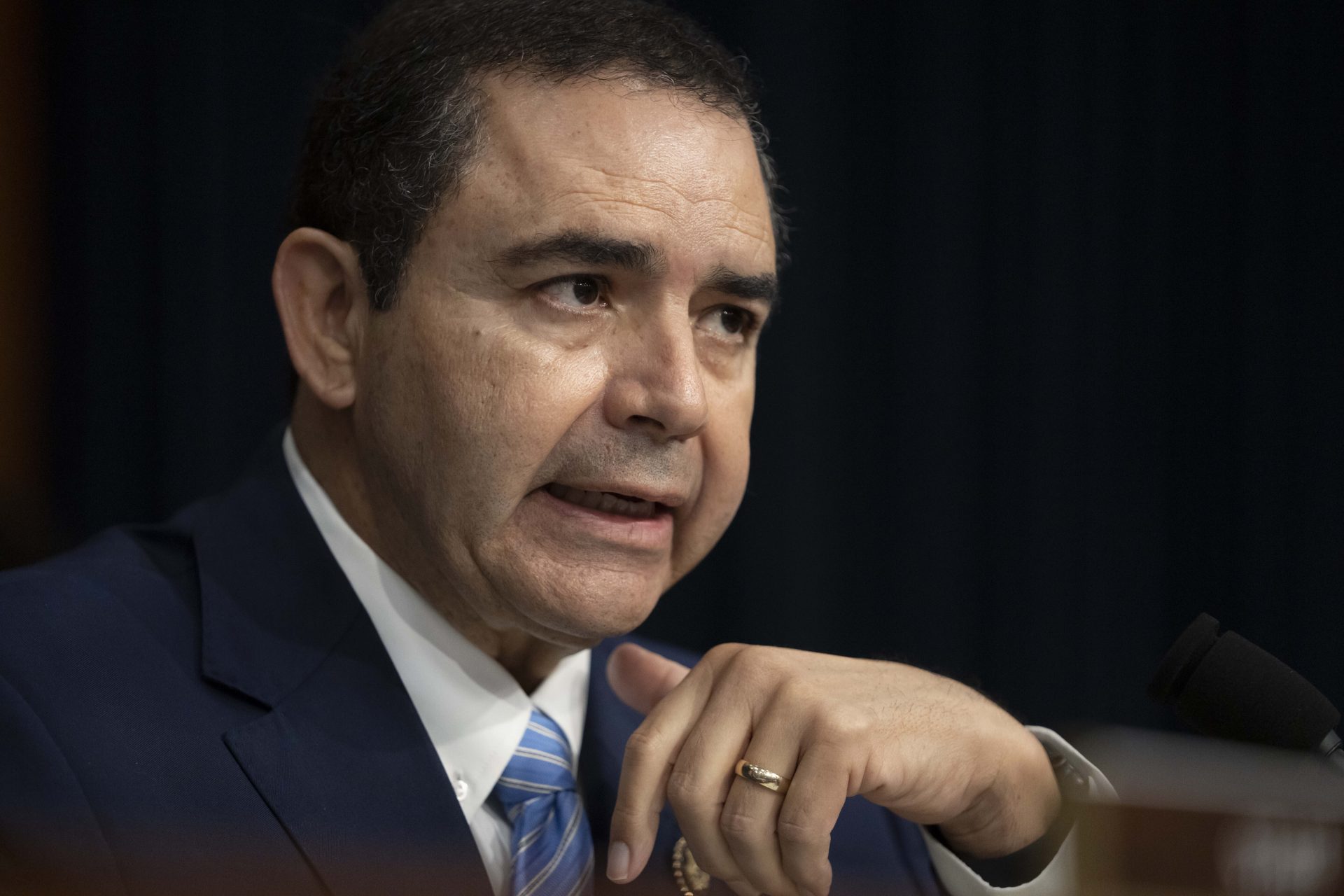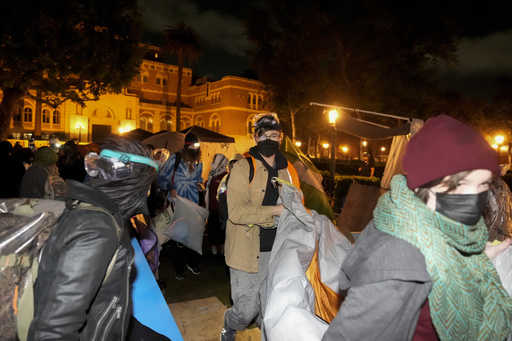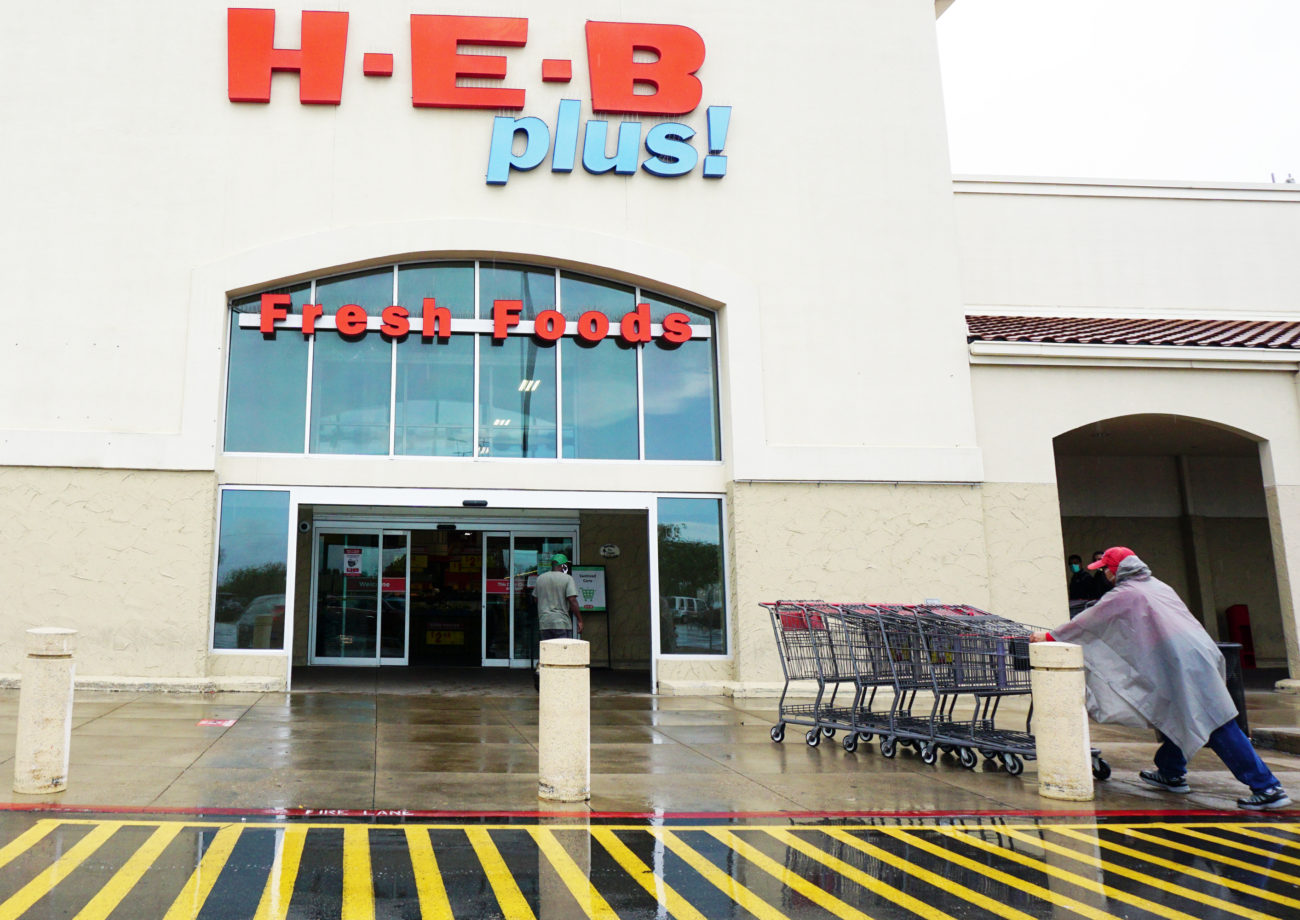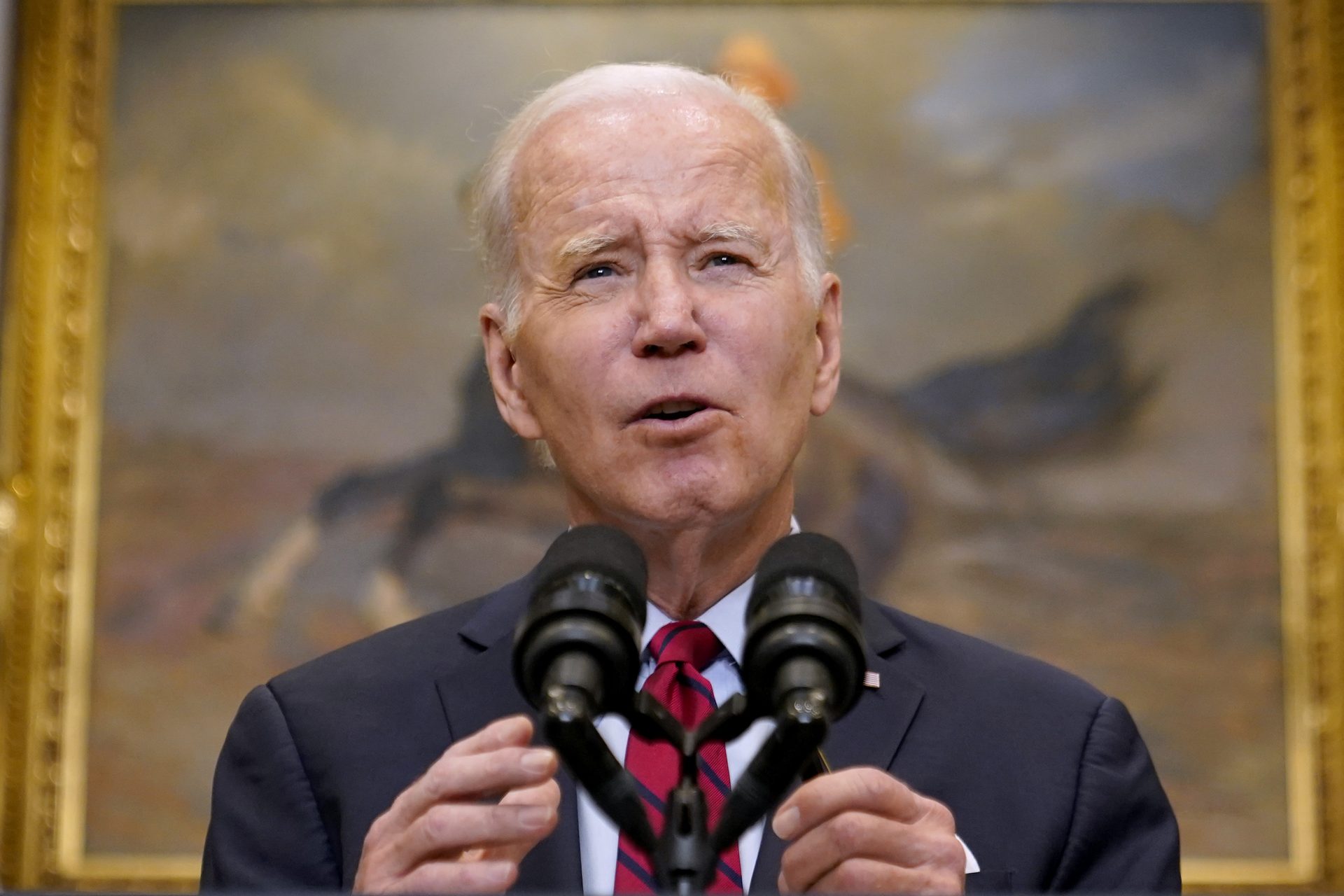PHARR, Texas – Don’t believe what you read in the newspapers or watch on TV – McAllen, and the Rio Grande Valley, for that matter, is safe.
That was the message Ralph Garcia, vice president for international business recruitment for McAllen Economic Development Corporation, wanted to get across to visiting site selectors.
“We (McAllen) are the third safest city in the United States. When you look at the border, there’s a lot of misconception about what’s going on,” Garcia said.
The site selectors were brought to the Rio Grande Valley by the Council for South Texas Economic Progress (COSTEP). At a breakfast event held at the Forum by Regency in Pharr, the selectors heard from economic development leaders from Pharr, McAllen, Edinburg and Weslaco, along with COSTEP executives.
McAllen EDC’s Garcia gave the most detailed information about public safety.
“What you see on CNN, what you see on Fox News and the reporting of the border crisis and people coming across and what not… are they (undocumented migrants) coming across? Yes. But there’s a system to it that exists and whether it is coordinated on the Mexico side with the cartels or CBP on this side, Customs & Border Protection, people are flowing through (this region),” Garcia said.
Garcia said that on average about 700 people are crossing the border and being dropped off at a respite center in McAllen each day.
“And so those are people that are coming into the country… they’re either given asylum, they’re put on a bus or put on a plane. So, when you get back to the airport and you’re flying out, you’ll see some of those individuals from different countries boarding a plane, going somewhere into the interior part of the United States.”
Garcia stressed that the border crossers are not staying in the Valley.
“They don’t stay here. Typically, most of the folks crossing, they have an agenda. They want to be somewhere else in the United States. They have family somewhere else. That’s where they’re going. So, the City of McAllen will invest to help process them, get them showered, get them cleaned up, get them all their toiletries, clothing, whatever they might need on their journey, and then help them go on their way.”
How many people did you say, one of the site selectors asked.
“Right now, at the McAllen facility, I can say it’s about 700 people that are coming in daily, and again, you won’t see it,” Garcia responded. “I mean, coming across the border, you’re not going to see people running across and hiking through the trees. It’s a process.
“There’s actually a pathway for them to come through, believe it or not, on the Mexico side, the cartels guide them to those pathways. Individuals cross, they walk in and there’s a center under the Anzalduas International Bridge right now where Customs & Border Protection are waiting for them.”
Garcia then explained how the processing system works.
“They (CBP) process those individuals. They take their information down, they do fingerprints, and then they either allow them to seek asylum and go through the process or they return them to their own country, depending on what they’re able to find on these individuals,” Garcia said.
“And again, you typically don’t see it. The only time you see the individuals, or the folks are at the airports, the bus stations when they’re departing.”
Garcia said Catholic Charities works in the community and with the City of McAllen and other organizations to help the border crossers.
“They have facilities where they house and keep individuals. But again, it’s off the streets. It keeps everybody safe, keeps those families safe, and of course, it really gives them a little bit of dignity and respect because they’ve been through a process, they’ve been through a journey. We are sympathetic to that. We know that not every individual coming across the border is a bad person. They’re just looking for a better opportunity. So that’s the reality.”
That reality contrasts sharply with the rhetoric of visiting politicians, Garcia told the site selectors.
“You see these legislators coming in and whether it’s the Republicans or the Democrats, they host these big PR campaigns, if you will, to smear each other and blame each other,” Garcia said.
“We’re caught in the middle of that. And that hinders us as a community because when companies see that, they’re like, ‘well, I don’t want to go there. It’s too dangerous, there are too many issues.’ But, at the end of the day, that’s not the case.
“The reality is very different from what you see on TV, and it’s important for us to mention that to you. Every community here deals with that reputation, and so that’s something that’s extremely important to us.”
Being rankled the third safest city in the nation says a lot, Garcia, especially when one contrasts the data with other metros of McAllen’s size.
“That’s important. That’s important data that your customers or clients are going to be looking at.”
On the Mexico side
Garcia acknowledged that on the Mexican side of the border things are different.
“On the Mexico side, it’s a different story. I’ll be very honest with you. And Roberto and his team, they deal with that every day, learning how to adjust to the challenges on the Mexico side when it comes to security,” Garcia said. “But I’ll tell you, it is not something that hinders operations.”
Garcia said about 150,000 people work just across the border in manufacturing.
“Of that, a little over 3,000 managers cross daily into Mexico to go to work, whether they’re general managers, HR, controllers, quality engineers, they’re coming back and forth. A lot of them ride their own vehicles. They’re early in the morning, 6:00 a.m., crossing the border, going to work, coming back in the evening at five o’clock, six o’clock. The reality is just being careful, staying on the main roads, going in the industrial parks. All the parks have security. Each individual company has security.”
Garcia said these 3,000 professionals that cross over from McAllen and neighboring cities to work in the maquila industry in Reynosa have access to real time information about dangerous situations that may flare up.
“If there’s an issue, there’s a group chat that lets people know that there are issues. And a lot of the confrontations you might hear about, it’s typically bad guys (interacting) with (the) military. It’s not really them going after individuals to steal or rob.”
However, that does sometimes happen, Garcia pointed out.
“If they (the bad guys) are in a pursuit and they’re trying to flee from the military, they might do a car check and take someone’s car and they’re gone with it. It does exist. It is a reality. But I will tell you that we have 200 plus (manufacturing) plants operating across the border every single day with factories full of individuals.”
Following the breakfast meeting, the site selectors were due to take a bus with COSTEP leaders and tour Emerson Tools & Appliance Company in Reynosa. “That is a good example. They’re in one of the smaller industrial parks, which is Colonial Industrial Park,” Garcia said.
Garcia said his work with the maquiladora companies and the industrial park owners takes him into Reynosa all the time.
“That’s one of the other things that we do as an organization. We actually visit the companies. We go and see what’s going on in the parks. I’m over there dressed like this, maybe without a jacket, but riding around in a suburban. It’s not bullet proof or anything like that,” Garcia said.
“I’ve never had an issue. I’ve been doing this for 22-plus years. So, it’s just a matter of putting things into perspective and looking at what the reality is, right? You go into a different city, you don’t know. You’ve got to be cautious. There are areas of Houston you don’t go to. There are areas of Chicago you don’t go to. That’s the reality that we live in.”
The post EDC leader reassures visiting site selectors that the Valley is safe appeared first on Rio Grande Guardian.
 (2).png)
 1 week ago
50
1 week ago
50









 English (US)
English (US)